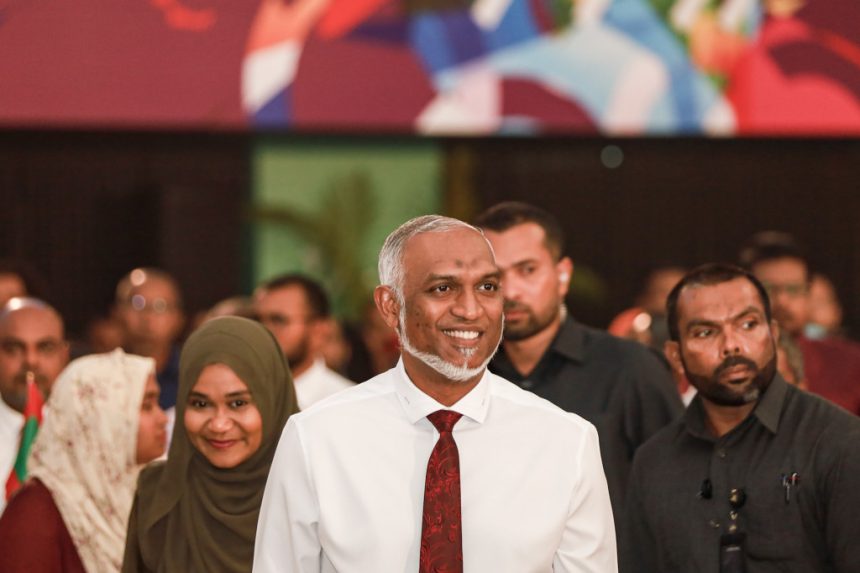In a sweeping move poised to redefine the future of Maldivian elections, President Dr Mohamed Muizzu has championed the introduction of a preferential voting system—a transformative shift aimed at eliminating costly and time-consuming runoff elections. The proposal, unveiled via the President’s official WhatsApp channel, signals his administration’s commitment to reshaping the nation’s democratic landscape with innovation, efficiency, and direct public engagement at its core.
President Muizzu’s proposed model would allow citizens to rank presidential candidates by preference in a single round of voting. This would ensure a clear winner emerges without the need for a second round, a common occurrence in every Maldivian presidential election since the country transitioned to a presidential system. Under the current setup, a candidate must secure more than 50% of votes in the first round—a bar that has yet to be met in any election without triggering a runoff.
“This is the future of fair and efficient elections,” President Muizzu asserted, positioning the plan as a cornerstone of his broader electoral reform agenda. His call for change is already gaining traction, notably earning the public endorsement of former President Mohamed Nasheed, who voiced his support on social media—signalling rare bipartisan alignment on a structural shift in the democratic process.
Globally, preferential voting systems are not new. They are widely used in established democracies such as the United Kingdom, Australia, and parts of the United States. By allowing voters to rank their choices, the system reduces vote wastage, promotes coalition-building, and ultimately enhances the legitimacy of elected leaders. For the Maldives, such a system could strengthen the electoral mandate while streamlining governance.
In addition to championing voting reform, President Muizzu has also floated the idea of synchronising presidential and parliamentary elections—a cost-saving measure that could align governance cycles and promote legislative cohesion.
The Elections Commission of Maldives has previously acknowledged the financial and logistical strain of conducting two-round elections. With Muizzu’s proposal, a path is being paved for a more cost-effective, modern, and representative system—one that could empower voters while conserving national resources.
As the nation looks ahead, Muizzu’s vision signals a pivotal chapter in democratic reform—replacing redundancy with clarity, and ushering in an electoral process fit for a forward-looking Maldives.




